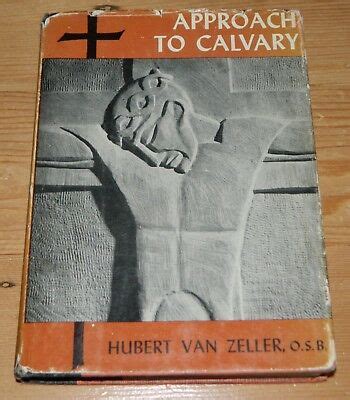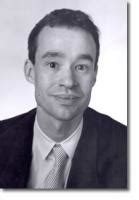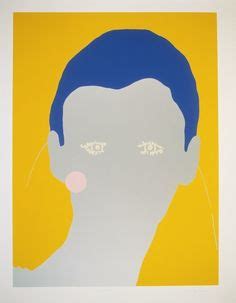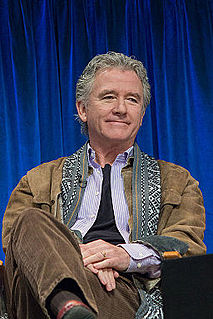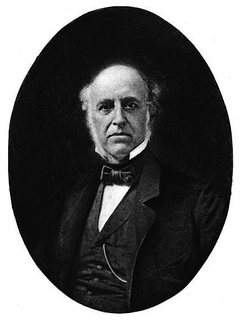A Quote by Hubert Van Zeller
Anyt hing that is found to stimulate hope should be seized upon and make to serve. This applies to a book, a film, a broadcast, or a conversation with someone who can impart it.
Related Quotes
My hope is that the film Wall Street 2 will actually serve as a way for us to bridge that gap between Wall Street and Main Street. Certainly that's dealt with in the film of how it does affect everybody, so, you know, I always find that when you can create a movie or a play or a book that gives somebody a safe theoretical place to discuss what is really going on in the day it tends to forward discussion, so that would be my hope coming out of the film.
Any good broadcast, not just an Olympic broadcast, should have texture to it. It should have information, should have some history, should have something that's offbeat, quirky, humorous, and where called for it, should have journalism, and judiciously it should also have commentary. That's my ideal.
. . . The books we need are the kind that act upon us like a misfortune, that make us suffer like the death of someone we love more than ourselves, that make us feel as though we were on the verge of suicide, or lost in a forest remote from all human habitation-a book should serve as an axe for the frozen sea within us.
A film, since it is primarily a visual medium, should really be like a silent film. You should be able to watch something and understand what was going on and use voice when you need to communicate something you can't necessarily communicate visually. The book is the opposite. The book is an inner monologue which is beautiful.
One should learn from a book. Books have a lot to teach us. They have a lot of empathy to impart to us, but they should also be fun. This stuff is fun! You shouldn't pick up a book and say, "Oh my god, I'm gonna better myself by reading this." You may better yourself by reading this, but who cares? Just have fun.
